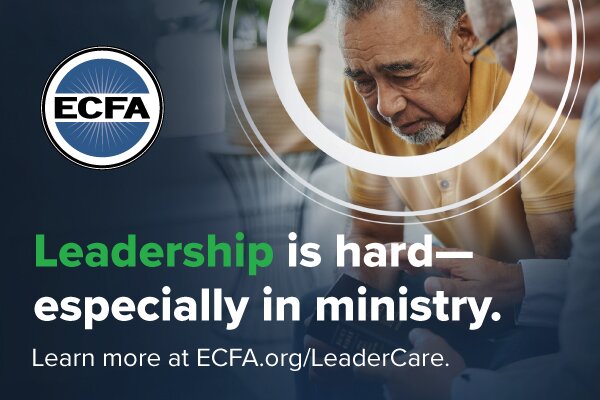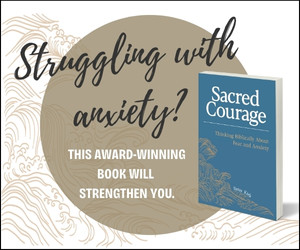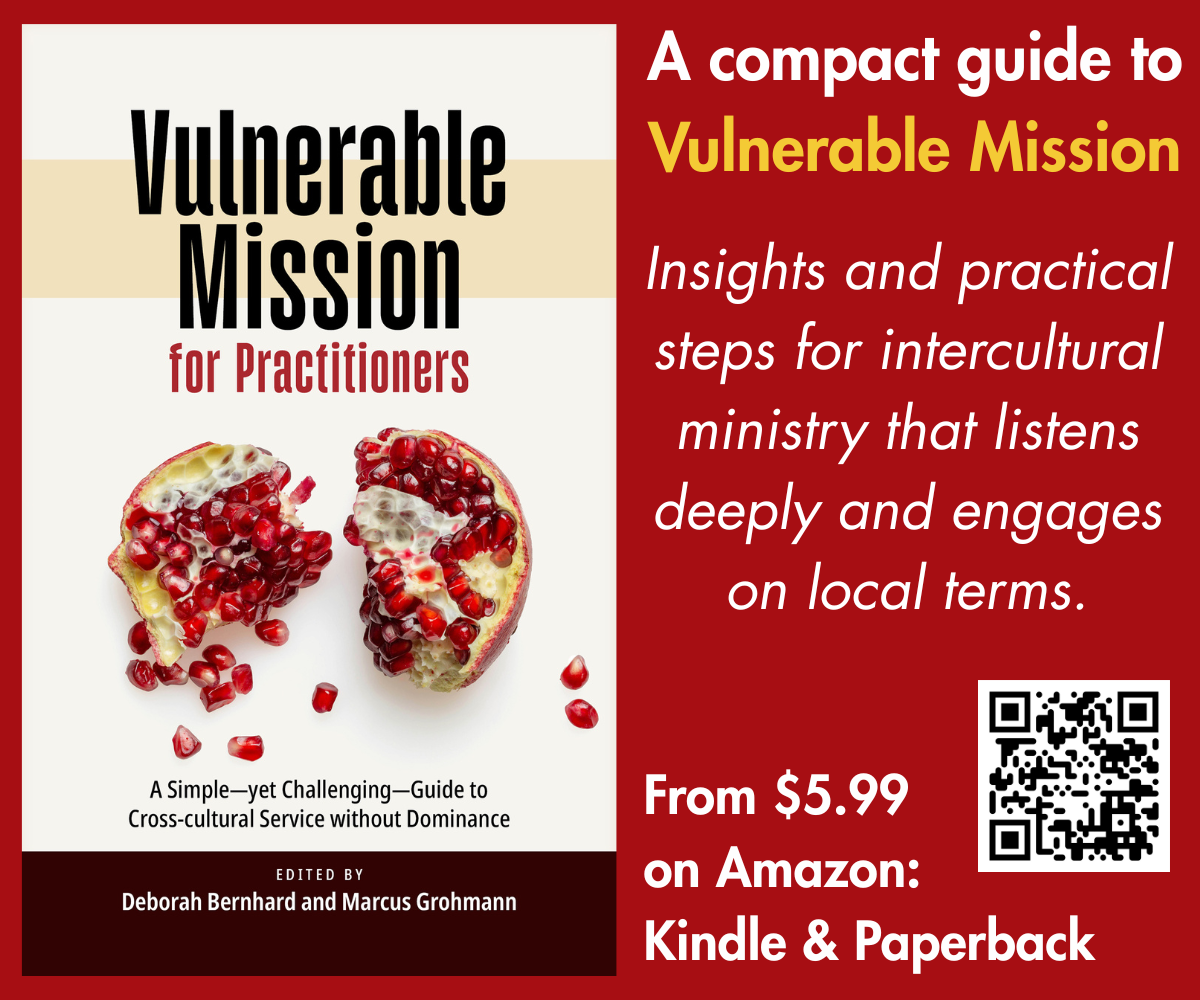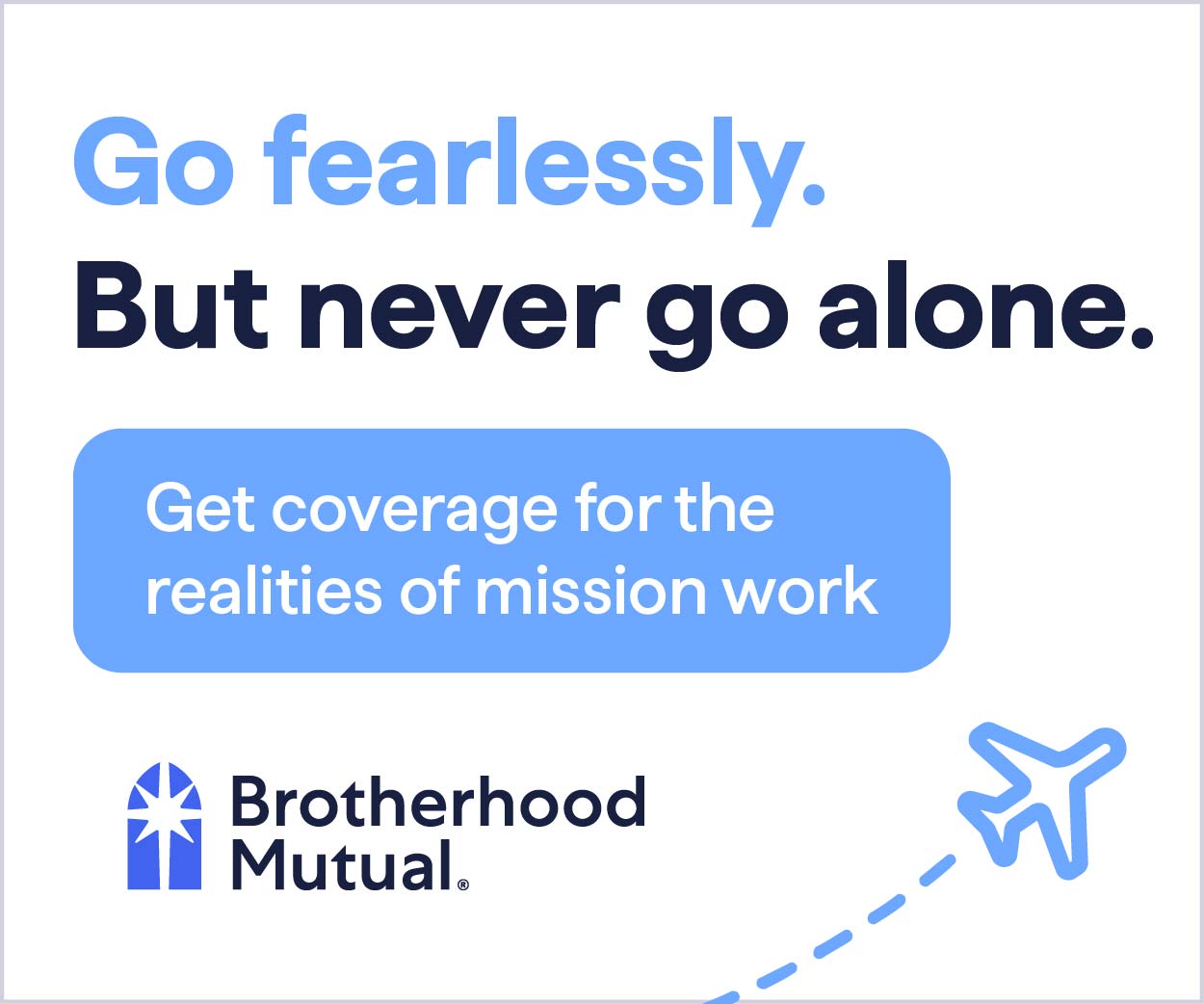EMQ » Oct – Dec 2024 » Volume 60 Issue 4
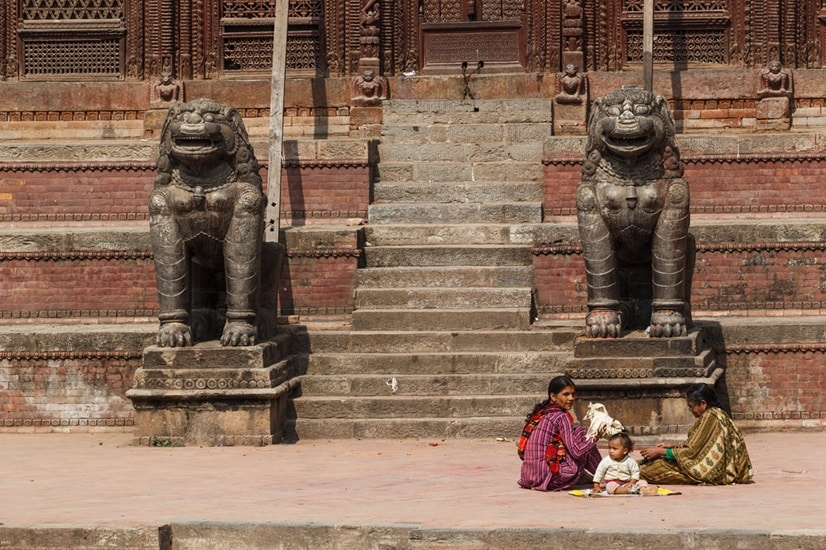
Inclusion
Summary: Every person, with or without a disability, matters in the kingdom of God. God has a special focus on those who are weak and disabled. This was demonstrated in Jesus’s ministry as he served people with disabilities and brought them honor when society had rejected them.
By “Amos” Ming Raj Gurung
In 2018, I began engaging with churches in Gorkha – a district in north-central Nepal – through International Nepal Fellowship (INF, inf.org). One church I met with was the Alpha Church in Ratmate, Gorkha. Over four years, I collaborated with them on matters of disability theology and inclusion. The church underwent significant positive changes that fostered inclusivity and care including constructing ramps that made facilities accessible. That’s when Harka’s story unfolded.
Excessive alcohol consumption gave Harka high blood pressure, which eventually caused paralysis. This profoundly changed Harka’s life. Despite seeking treatment, his condition persisted, and his wife was his sole source of support. Alpha Church members invited Harka to attend services on Saturdays, and he began to faithfully attend. The congregation decided to extend fellowship to Harka’s home and that soon blossomed it into a small church.
In my work in church and disability inclusion development in Nepal, I’ve heard many stories like Harka’s. They have helped me understand how every person, with or without a disability, matters in the kingdom of God. In fact, God has a special focus on those who are weak and disabled.
The church is uniquely positioned as a religious place where the inclusion of persons with disabilities can be achieved with relatively small efforts. In Nepal, where Hinduism and Buddhism are the predominant religions, the temples and stupas are often located in elevated areas, and their traditional worship practices make it challenging to include individuals with disabilities.
In contrast, churches can be made easily accessible and inclusive if they are educated about disability inclusion through Scripture. The primary obstacles to this inclusion are misconceptions and negative attitudes towards disability.
Member-Only Access
Evangelical Missions Quarterly (EMQ) is available to Missio Nexus members as a member-only benefit or as a digital subscription.
Please login to gain access or join Missio Nexus!

